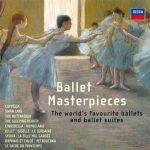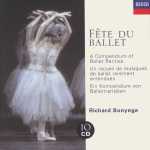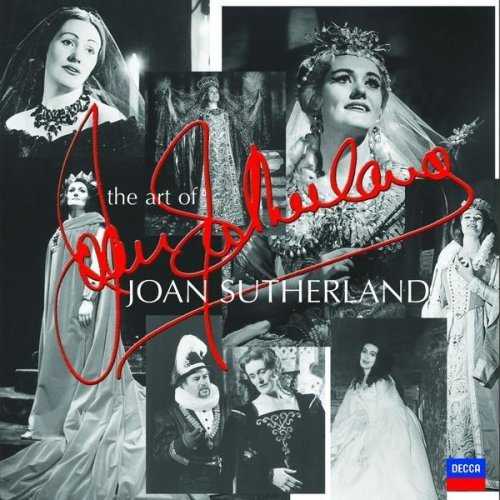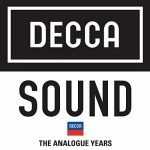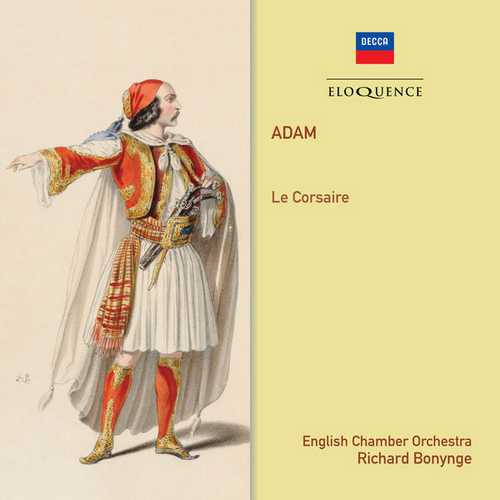
Composer: Adolphe Charles Adam
Orchestra: English Chamber Orchestra
Conductor: Richard Bonynge
Format: FLAC (tracks)
Label: Eloquence
Catalogue: ELQ4828605
Release: 2018
Size: 508 MB
Recovery: +3%
Scan: cover
Le Corsaire
Act 1
01. Overture and opening of Scene 1
Scene 1
02. Introduction
03. Tarantella
04. Mazuetta
05. La Française
06. Boléro
07. Ecossaise
08. Coda
09. Action
10. Corsairs’ bacchanal
Scene 2
11. Action
12. Pas des évantails
13. Action
14. Variation for Mlle Grantzow (1867)
15. Action
Act 2
Scene 1
16. Pas des odalisques
17. Entrance of Gulnare
18. Gulnare’s dance
19. Action
Act 3
Scene 1
20. Action (Pas des fleurs, Delibes)
21. Valse de Naila (for Mlle Grantzow)
22. Andante
23. 1st variation (for Gulnare, Mlle Fioretti)
24. 2nd variation (for Medora, Mlle Grantzow)
25. Finale
26. Action
27. Scene 2
Scene 3
28. Storm and shipwreck
No expense was spared to mount the first production of Le Corsaire at the Theatre Imperial de l’Opera in Paris early in 1856. Soon finding a permanent home in the Imperial Ballet of St. Petersburg thanks to the choreography of Marius Petipa, this full-length ballet quickly became an established classic of the genre.
Audiences have thrilled ever since to its story of brigands, very loosely based on Byron and centred around the role of Medora, which was designed originally to display the full talents of the Italian ballerina Carolina Rosati and has remained a favourite role of prima ballerinas down the ages. Underpinning it all is the masterful score of Adam, featuring highlights such as the Pas d’esclave, the Pas de trois des odalisques, and the Le Corsaire pas de deux which was composed by Riccardo Drigo for Petipa’s St. Petersburg version.
For this 1990 Decca recording, Richard Bonynge included a divertissement in Act II, the Pas de fleurs (including the famous Naila Waltz), written by Leo Delibes (who had made his debut as a ballet composer in La Source the year before) for an 1867 revival in Paris. The recording was a labour of love for the conductor, who has done more than anyone on record to revive the sounds of the 19th-century Parisian ballet. ‘It’s often laborious,’ he remarked in 1998 to Opera magazine about his work in preparing revivals of out-of-the-way repertoire, ‘locating the original score, getting the orchestral parts edited and copied, divesting it of later additions – all this before the process of learning and rehearsal begins.’
Bonynge’s work in this case was quickly recognised as an invaluable contribution to our fuller appreciation of Adam’s music, and the recording remains the most complete ever made of Le Corsaire. It makes a distinguished addition to the growing library of Eloquence releases dedicated to the conductor’s work, and a complement to the reissue of Adam’s lesser-known ballet, Le Diable a quatre (4828603).
‘Bonynge draws the diverse threads of the score together with a degree of expertise acquired from a lifetime of involvement with music of this period, enabling the listener to follow the plot without difficulty. He obtains notably superior playing from the English Chamber Orchestra throughout.’ -Gramophone, October 1992
‘We should not look down at poor Adam, whose desire to please an audience is still potent. Bonynge and the English Chamber Orchestra seize every opportunity to strut.’ – Fanfare, November/December 1998
